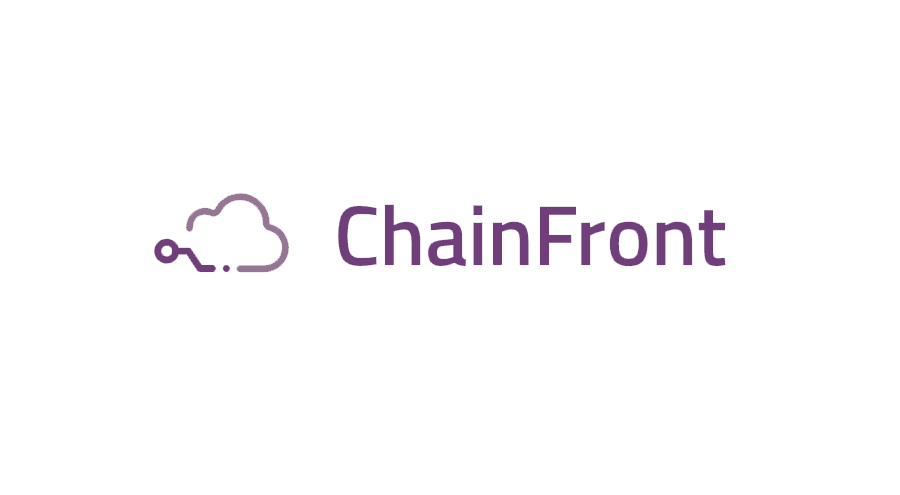ChainFront, an API-as-a-service company that removes the complexity of using, building, and managing blockchain wallets while maintaining enterprise-grade security, today announced the launch of its public APIs and a self serve developer portal.
Led by a former lead architect at Oracle and a serial entrepreneur with multiple successful exits, ChainFront’s vision is to enable mass blockchain adoption ushered in by a higher level of security and usability for the next wave of crypto applications.
After working on a number of blockchain implementations, founders Alan Warms and Darryl Anderson came to believe that tokenization was going to rapidly change our economy, and that one of the greatest impediments to widespread blockchain adoption was user experience.
Using private and public keys to execute transactions is inherent in all tokenization applications. These new applications rely on cumbersome “wallets” that present significant user experience and security issues in storing private keys and executing transactions. For the blockchain to go mainstream, the experience must be simple AND secure for the end-user. Similarly, public and private key management must be completely invisible to the end-user.
“We looked around the blockchain ecosystem and saw that in order to drive mainstream adoption for users to interact with blockchain assets in a meaningful way, the simplicity and overall experience needed to vastly improve. Not surprisingly, no one wants to manage their “bank” or their security. At the core of the issue is what we call the ‘wallet’ problem.”
With their public launch today, anyone building applications that interact with blockchain data and assets can solve the“wallet problem” by easily implementing ChainFront’s API-as-a-Service. End users, be they consumers or inside of enterprises, can simply execute transactions with username, password, and multifactor authentication.
One of the most successful blockchain-related companies is CoinBase – and its success can be directly attributed to simplicity and abstraction. CoinBase made the process of buying and storing crypto assets as simple as sending someone a few dollars on Venmo. ChainFront’s API-as-a-service allows developers to create similar experiences for their customers by completely removing the need for them to manage the complexities of a wallet in order to interact with blockchain assets, making blockchain interactions secure and stress-free.
Wallets allow end-users to store private keys and execute transactions. However, if a user loses their on-device wallet (on a mobile device, or browser) via a hack, theft, loss of the device, or an upgrade, and they fail to back up their private keys, their ability to execute transactions and access their cryptocurrency is gone forever.
With ChainFront, backing up keys and needing to keep track of an on-device wallet is completely removed from the equation and developers can create secure, simple user experiences. Private keys are created within the secure area and never transmitted elsewhere. ChainFront utilizes Vault by HashiCorp, a secret key management, and data protection tool with code-loading support and a virtual Hardware Security Module. The service is deployed in private subnets of Amazon Web Services (AWS), unreachable via the public internet, using AWS security model. AWS also provides multi-regional backups and redundancy. FIPS 140-2 compliance is available. This security model provides confidentiality, integrity, availability, accountability, and authentication.
“Before Coinbase, previous attempts at centralized private key management were poorly implemented, resulting in many of the exchange hacks that have dominated the press over the course of Bitcoin’s history, such as Mt. Gox. Coinbase proved that eliminating the wallet can drive mass adoption while also proving that secure, centralized key management can be accomplished. ChainFront brings this capability to any blockchain project on either public or private blockchains. The self serve platform is available live on Stellar today and Ethereum, Ripple, and Bitcoin, and other various permissioned blockchains coming soon.


















